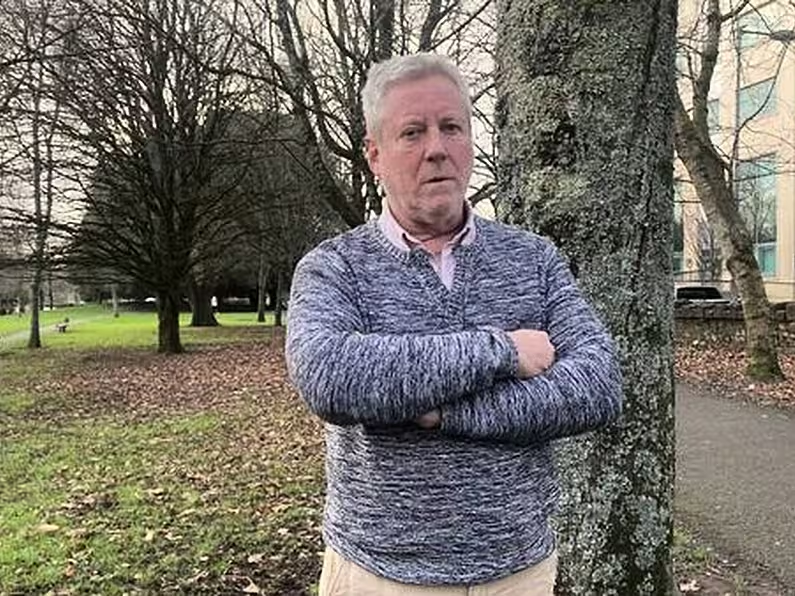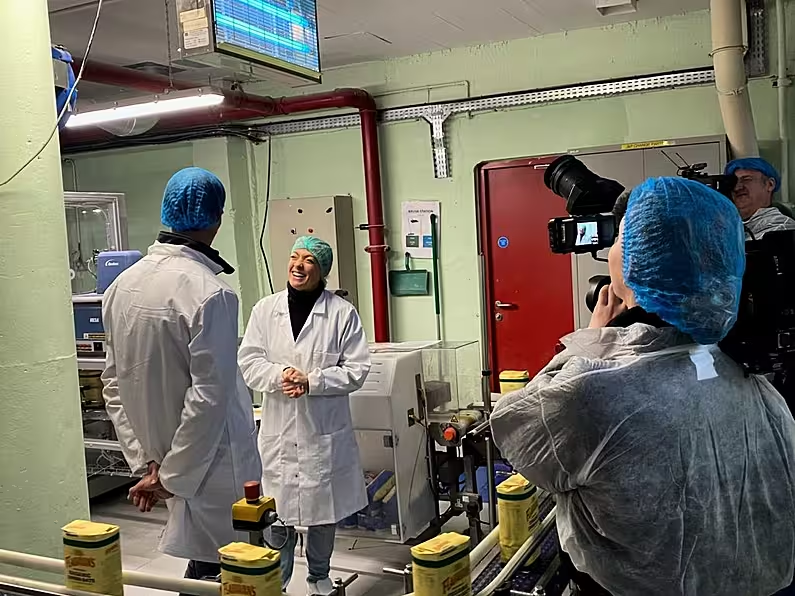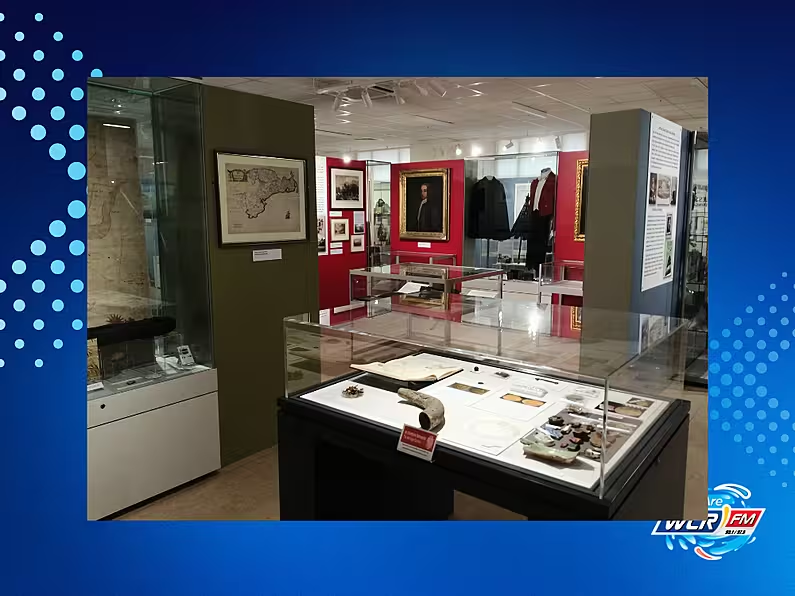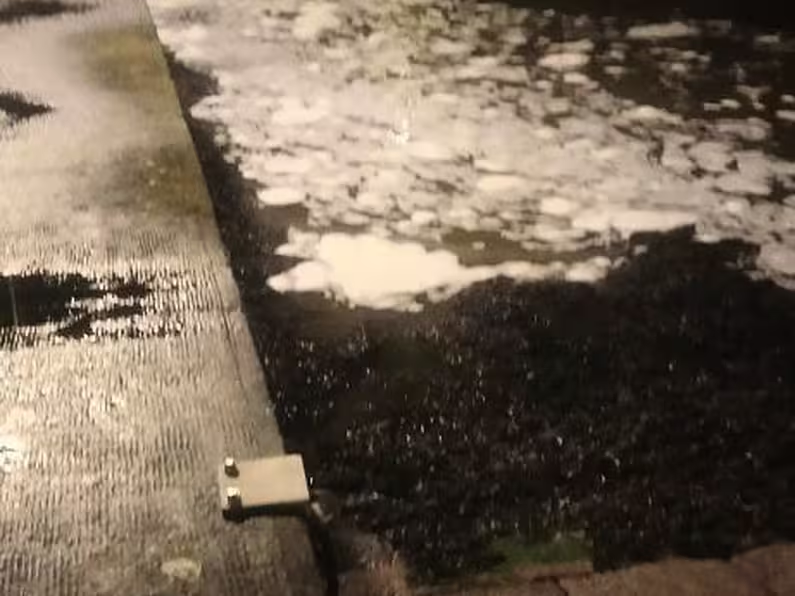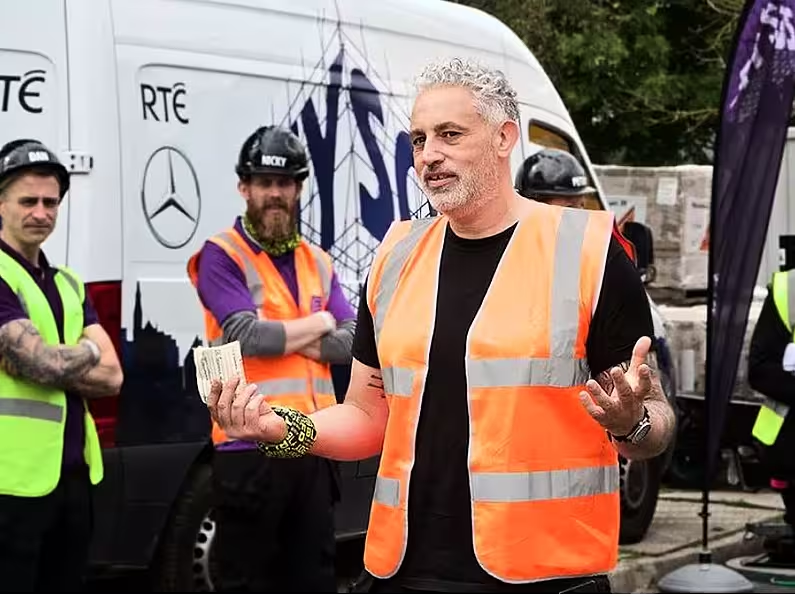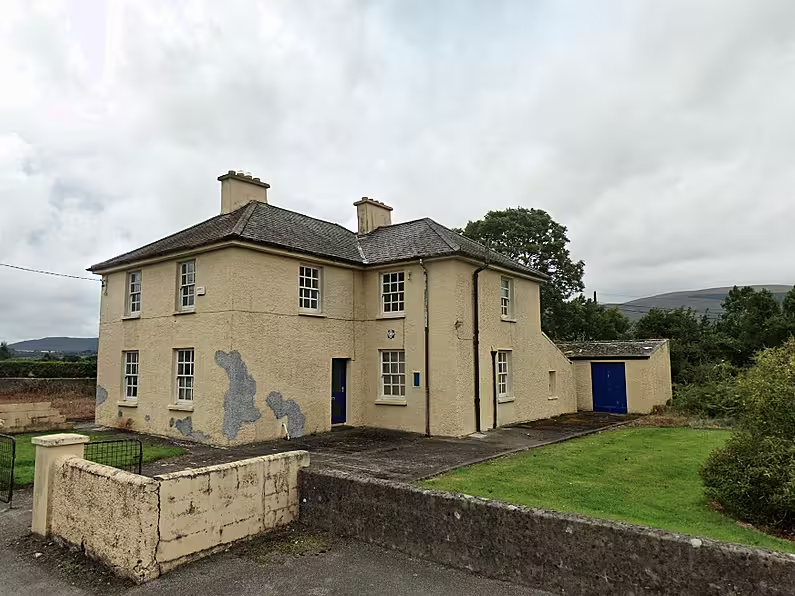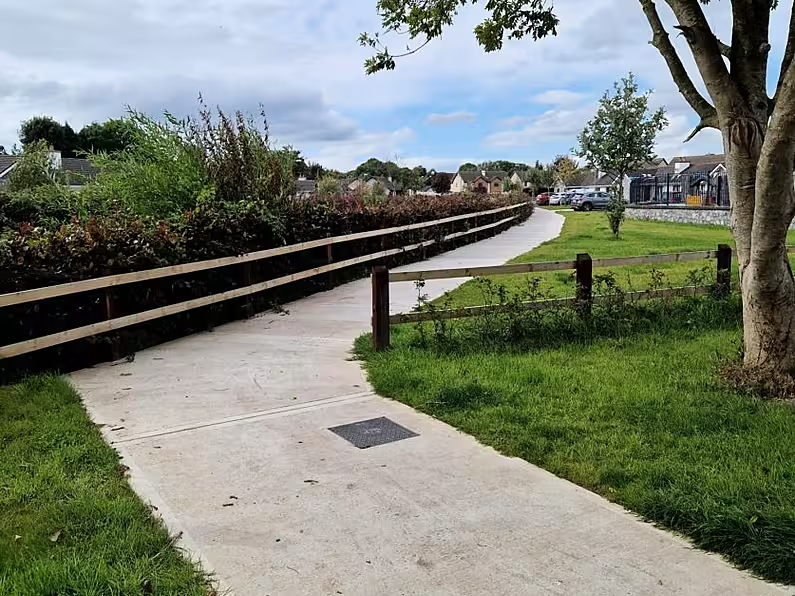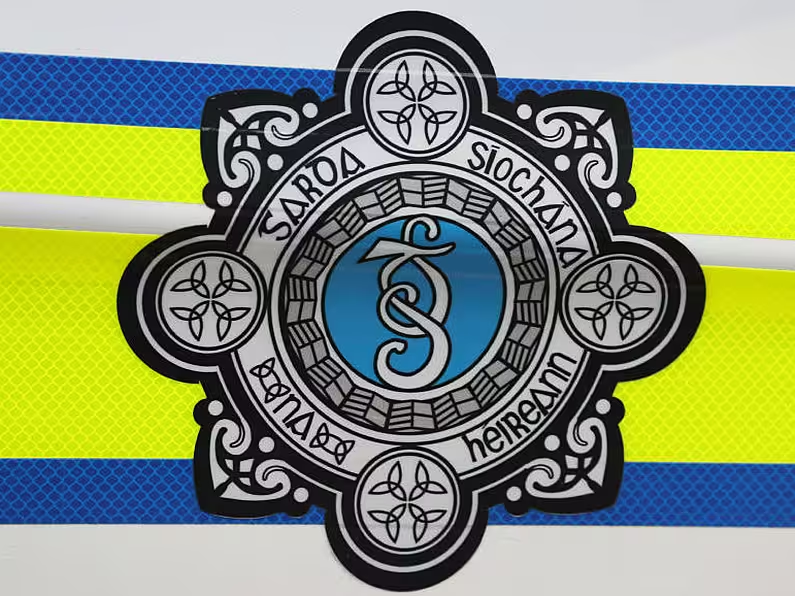An ex-Garda employed by a charity working with former prison inmates in Waterford has said his name was damaged at the organisation due to allegations he was "selling cocaine to vulnerable service users".
Michael McGagh has taken a case through the Workplace Relations Commission (WRC), contending he faced "isolation and harassment" at U-Casadh following his making of a protected disclosure concerning the charity.
The main claim brought by Mr McGagh, 57, of John's St, Waterford, is for an alleged loss of earnings of €61,795 which was over a period of over 20 months from January 2020 to July 2021. His annual earnings amount to €39,992.
The U-Casadh Project was established by the Waterford Area Partnership and works with ex-prisoners and their families. It provides specialised services related to drug rehabilitation, community, and training schemes for the Roma community at its premises in Ferrybank.
Mr McGagh, a former member of An Garda Síochána who became an outreach worker at the charity, told Monday's WRC hearing that he was concerned at what he described as "inappropriate practices" at the organisation.
He said he had been accused "of selling cocaine to two service users" by a colleague at the charity, adding: "They came to me and the first thing I said to them [was] 'You need to report this to the board.'"
Mr McGagh said he then informed his solicitor Mark Walsh of the accusations, asking him to notify the board that his client had this allegation made against him in relation to "two vulnerable service users at a nightclub here in Waterford city".
He alleged this was not investigated and he later took stress leave.
The hearing heard the charity commissioned an internal investigation by HR firm Graphite, which found Mr McGagh had no case to answer.
Mr McGrath highlighted problems at the charity, including an issue that the salary stated on his contract was almost €2,000 less than the agreed €39,992, which he challenged, and a separate issue in which he claimed to have been asked to forge a signature to allow someone else to access expenses, which he refused to do.
Mr McGath said he later made a protected disclosure highlighting concerns at how the charity was being run but alleged that he faced "bullying" following this.
The meeting focused on attempts to resolve Mr McGath's employment at the charity, where both sides offered up their account of events on how they tried to come to an agreement.
Mr McGagh went on stress leave on September 11, 2019, and returned to work on October 10, and worked for one week before going for a cataract operation on October 17, 2019.
He was given a cert for this by his specialist for two weeks. His doctor then advised him to remain out of work for another four weeks.
Lisa Conroy, representing U-Casadh through the firm Peninsula, said numerous attempts to resolve the situation with Mr McGagh had been unsuccessful.
She said Mr McGagh had sought 13 months off work following the eye operation as the document showed him seeking to take off work between October 17, 2019 and November 30, 2020.
In response, Neil Rafter, representing Mr McGagh on behalf of Kenny Stephenson Chapman Solicitors, said that the year shown on the form, 2020, was a "typographical error" and that it should have been clear that the year should have read '2019'.
Mr McGagh was met by his manager in December 2019 upon his return, where a fitness to return to work interview was conducted.
Four planned meetings to discuss his future at the charity fell through following his return between January and March 2020.
Mr Rafter contended Mr McGagh had good reason for not making these meetings, claiming there was a "reticence to engage" with his client by the charity.
As the remote meeting was delayed for just under two hours due to technical issues, Ms McElduff said she would adjourn the meeting and it would resume in the coming weeks, where Mr McGagh would be cross-examined on his claims.



